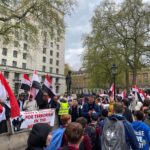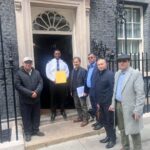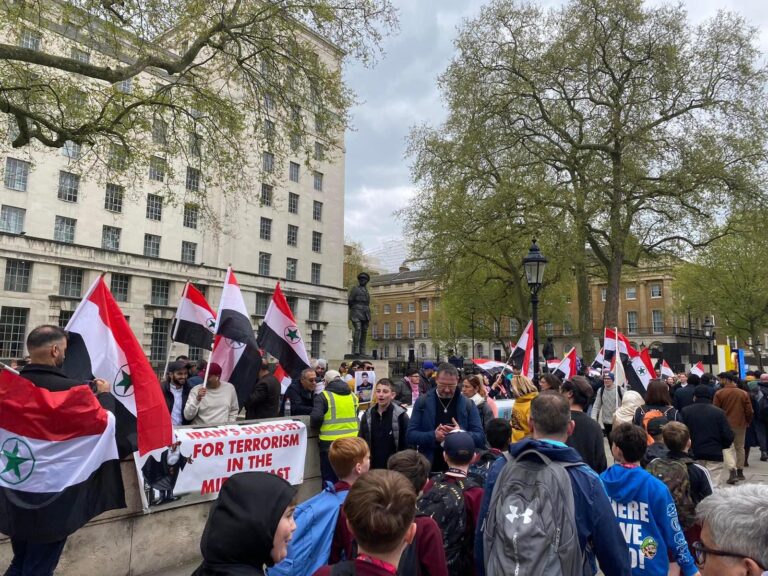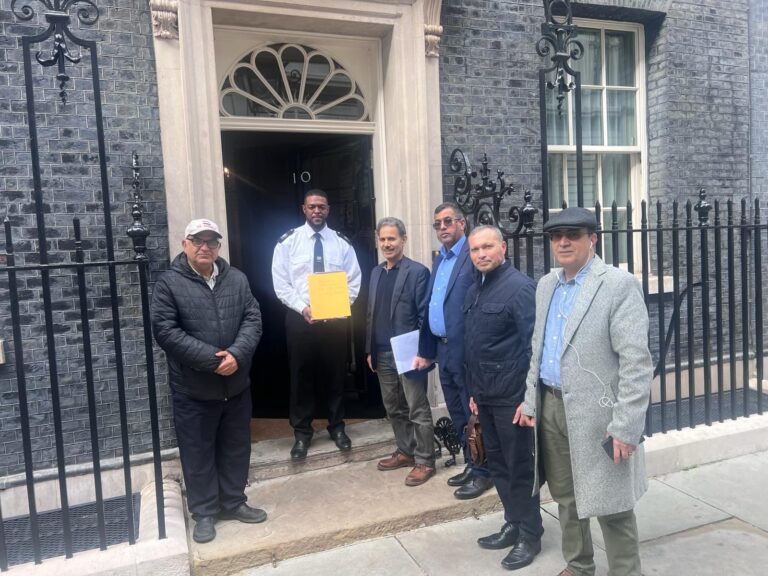The Arab opposition frequently encounters inquiries regarding the underlying factors behind their hesitancy to bestow trust upon the Persian opposition. The answer to this question can be found in the statement made by Will Durant. He famously stated that history inexorably repeats itself, albeit at a progressively higher cost. Such a notion precisely encapsulates the plight experienced by the Arab citizens in Iran over the course of time. A pivotal juncture in this narrative arose in 1925, when Raza Khan embarked upon the occupation of Arabistan, which is presently recognized as Khuzestan. Since that period, the Arab people have endured a wide array of oppressive measures and marginalization. Let us delve into history’s annals and endeavor to elucidate the trials endured by the Arab community amidst the Persian juggernaut.
Since the year 1925, during the monarchy era, the Arab population has been cruelly subjected to the oppressive and burdensome presence of Persian occupiers who actively pursued a nefarious agenda to increase the proportion of non-Arab inhabitants in Ahwaz. The Persian monarchy stands accused of committing a series of egregious crimes, including ruthlessly suppressing and outright prohibiting numerous sacred Arab cultural practices and traditions. These abominable acts extended beyond callously forbidding the wearing of traditional Arab clothing; they also encompassed the calculated and deliberate erasure of native Arabic names of cities, towns, rivers, and other geographical landmarks within the Ahwaz region. Such acts of cultural desecration exemplified the heinous depths to which the Persian monarchy was willing to sink in their quest for dominance and the eradication of the Arab identity in Ahwaz.
While the circumstances during that period were already severe, the situation became utterly unbearable following the advent of the revolution in Iran. The current regime flagrantly exceeds the bounds of oppression against the Arab community by audaciously accusing any civil movement of treason, constituting an egregious transgression punishable by the ultimate penalty of death. This severity is particularly magnified when religious justifications are invoked, compounding the gravity of the punishment. Moreover, the regime has transcended the boundaries of mere oppression imposed upon Arab citizens and has now delved into an alarming domain by purposefully orchestrating the systematic annihilation of the environment. This calculated approach aims to compel Arab populations to relocate to alternative urban cities by subjecting them to severe ramifications such as widespread unemployment, abysmally inadequate infrastructure, and the catastrophic desiccation of their invaluable river systems.
In contemporary times, a disconcerting observation emerges as the Persian opposition, even prior to assuming authority, adopts a comparable approach to their predecessors by staunchly opposing the notion of federalism. They openly declare that the implementation of federalism in Iran would result in catastrophic consequences. Their argument revolves around the notion that embracing federalism could impede the establishment of a unified national government, thereby leading to various adverse outcomes.
The lack of substantiation in their fallacious arguments, which aim to dismiss federalism, is highly unreasonable within the framework of our contemporary era. Primarily due to the fact that in the 21st century, a considerable number of nations characterized by noteworthy minority populations have successfully embraced federalist systems, thereby demonstrating their efficacy. Therefore, the superficial justifications put forward by the Persian opposition to refute federalism are profoundly disconcerting since they disregard the potential constructive influence that federalism can wield in addressing concerns pertaining to minority rights and fostering social cohesion.
Moreover, this perception highlights that the Arab population is predominantly regarded as indispensable economic assets, essential for their survival. This perspective primarily stems from the region’s abundant resources, which make a significant contribution to Iran’s net national product, accounting for approximately half of it, and over 80% of its export value.
This particular viewpoint is concerning and perilous as it demonstrates characteristics that align with a recurring historical pattern. Similar to their predecessors, this troubling anti-federalist perspective undermines the acknowledgment of the Arab population as equal and esteemed members of society. Furthermore, it perpetuates their marginalization, impeding their complete engagement in social, political, and economic domains, thereby compounding the already arduous circumstances they encounter.
Returning to the previously posed question concerning the Arab opposition’s hesitance to place their trust in the Persian opposition, one can attribute this phenomenon to discernible historical patterns and corroborating contemporary evidence. These factors substantiate the denial of the Arabs’ entitlement to reside in a federal nation built upon the principles of fairness, equal rights, and shared responsibilities. This fundamental underpinning serves as the bedrock for the Arab opposition’s reluctance to bestow their confidence upon the Persian opposition.
Mayasa
20.06.2023









